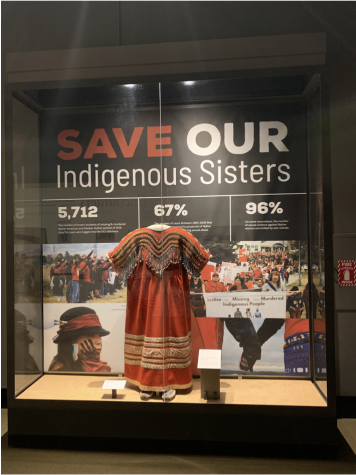A Solution for Mental Health
Today, one of the most prevalent questions is: What to do with mentally ill individuals? While some people tend to turn the other way when questions arise about the mentally ill, it cannot be overlooked since mental health issues affect nearly one in five U.S. adults. Over half of adults with a mental illness do not receive treatment, totaling over 27 million adults in the U.S. who are going untreated. The government needs to fund and implement state programs because of the absence of long-term mental health facilities, the lack of training police officers have to respond to the mentally ill, and the need for more mental health clinics.
The first program that needs to be implemented is long term psychiatric care facilities for people with extreme mental illnesses that prevent them from being able to care for themselves or function in society. In 1967 insane asylums, the only long-term psychiatric facilities, were shut down by President Ronald Reagan due to inhumane treatment. The problem with this solution is that the government established no true alternatives. There are only private residential care facilities that can cost between $10,000-60,000 per month. This cost is unrealistic for most Americans because the annual mean wage is $56,310 per year, which would leave people with extreme mental issues without the means to be cared for by medical professionals. What I believe states should implement, with government funding, is long-term psychiatric care facilities. This way, low-income families can have a care facility for mentally ill family members who need lifelong medical care.
Second, police officers do not have the training to deal with and properly help mentally ill citizens (these citizens usually suffer from intense and extensive mental issues that prevent them from being able to self-soothe) on the street to de-escalate the situation. This can be solved in one of two ways. Currently, there is a program being spearheaded in Illinois in which when officers respond to calls with a mentally ill individual, they connect to a 24-hour telehealth hotline through face-time. The second way this can be addressed is if there are police officers that are required to have a psychiatric health background. This way, there will be police officers who can adequately handle calls that deal with mentally ill individuals and get these individuals proper help.
The third program that states should sponsor is free mental health clinics. While every state has some version of mental health clinics that provide psychological and psychiatric help, it relies solely on insurance. The problem with these services being covered by insurance is that insurance companies decide how long you get to have psychiatric help, so if the patients need more sessions, their insurance company can deny them, thus preventing them from receiving help. Many psychologists disagree with sharing private medical diagnoses with insurance companies to provide much-needed mental support. If this were state-funded, patients would receive the privacy of not having to share their mental issues, and it would also be up to the patient to decide however many sessions are needed. Thus, with mental health sessions being funded by the state instead of insurance companies patients are in control of their treatment plans.
Our country is severely lacking in resources to help the mentally ill. If we instituted state-funded psychiatric facilities, a 24-hour telehealth hotline or specialized officers that are trained solely to support the mentally ill, and have government-funded mental health clinics it would not only provide a much needed resource but also address and help the mentally ill. Overall, communities nationwide need more funding to have proper resources for mental health issues, because if changes are not made soon this problem will only continue to grow.
















